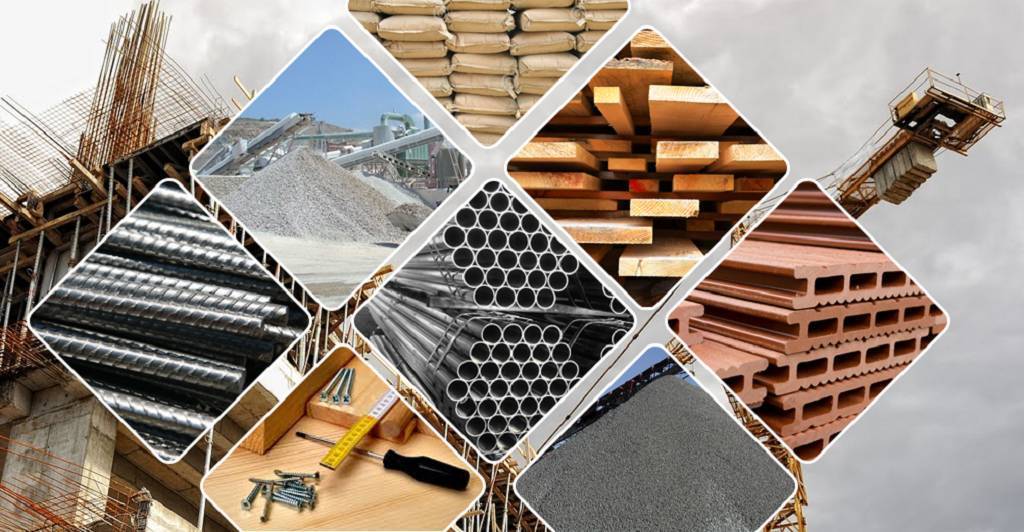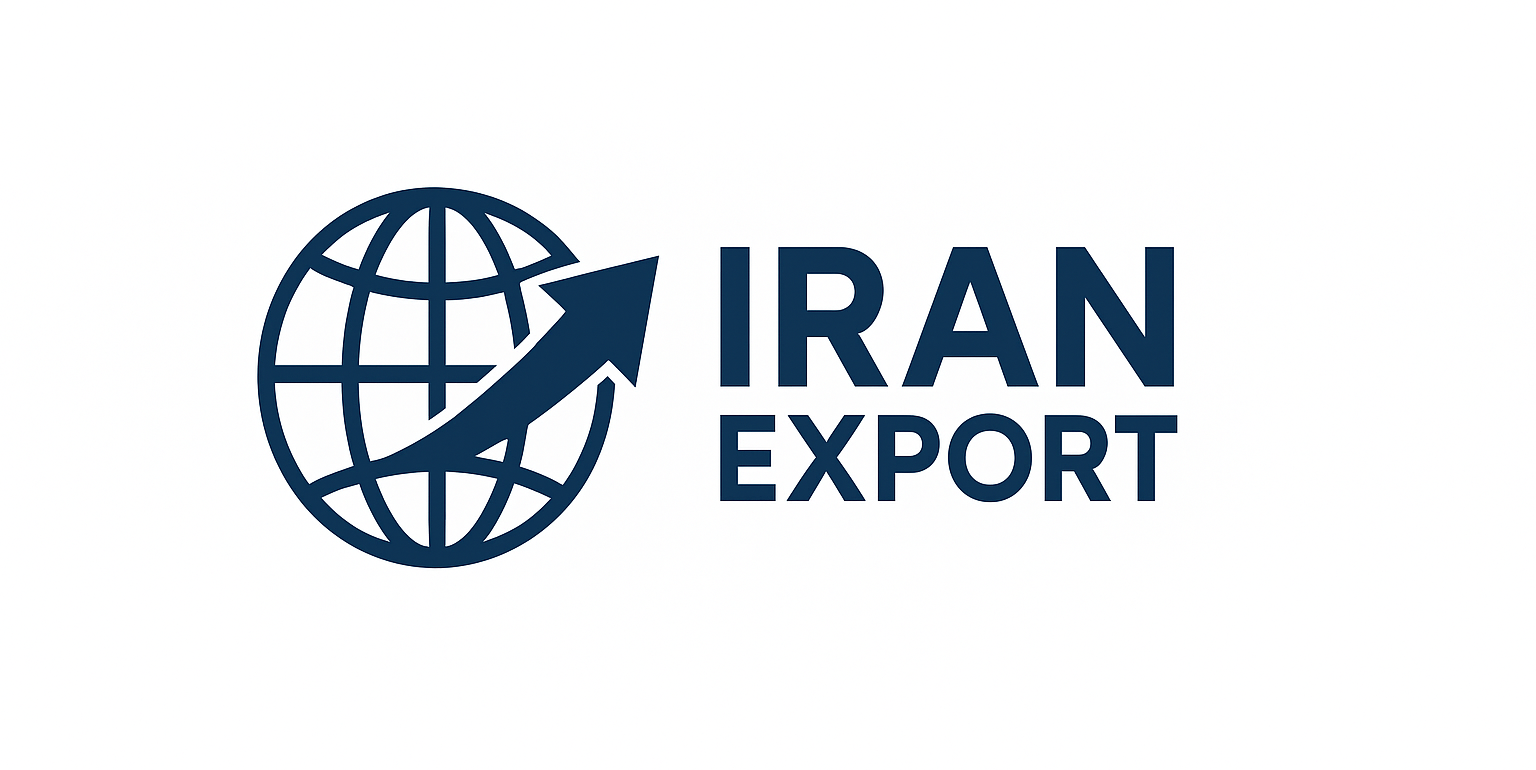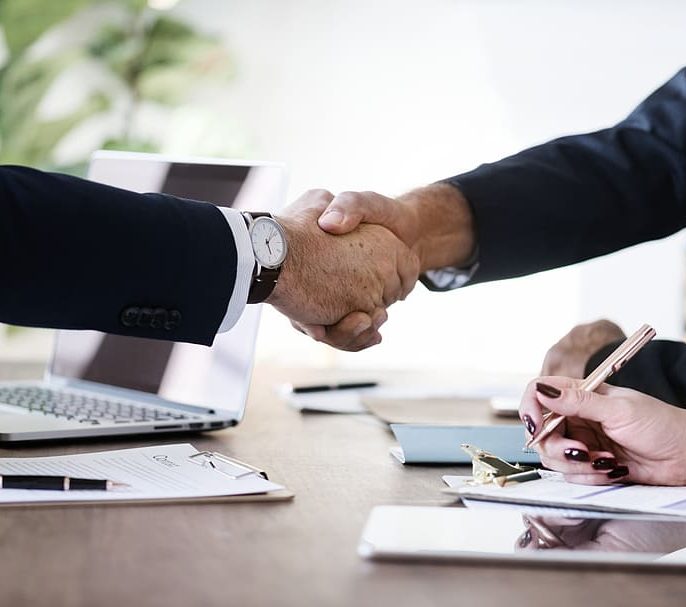
Iranian Building Materials: Quality Cement, Tiles, and Steel for Global Markets
Introduction
Iran has long been recognized as one of the most resource-rich countries in the Middle East, with a strong foundation in construction materials such as cement, ceramic tiles, and steel. Over the past decades, Iran’s building materials industry has undergone significant transformation — from traditional manufacturing to modern, high-efficiency production. Today, Iranian materials are not only meeting domestic demand for infrastructure and housing but are also playing a growing role in international markets.
This article explores the quality, competitiveness, and global potential of Iran’s key building materials, focusing on cement, tiles, and steel — three pillars of its construction export sector.
1. Cement: The Backbone of Iran’s Construction Exports
Iran ranks among the top five cement producers in the world, thanks to its abundant limestone reserves, advanced production facilities, and competitive energy costs. The country’s annual cement production capacity exceeds 80 million tons, with around 15–20 million tons exported annually to markets in Iraq, Afghanistan, Central Asia, and East Africa.
Iranian cement is renowned for:
-
Consistent quality meeting ASTM and EN standards
-
Affordable pricing due to efficient production and low logistics costs
-
Wide product range, including Portland, white, and pozzolanic cement types
In addition, Iranian manufacturers have increasingly invested in low-carbon and blended cement technologies, aligning with global sustainability goals. This makes Iranian cement not just cost-effective, but also environmentally responsible, which enhances its appeal in emerging green construction markets.
2. Ceramic Tiles: Blending Artistry with Industrial Precision
Iran’s ceramic tile industry combines centuries of Persian artistry with modern manufacturing capabilities. As one of the largest tile producers in the Middle East, Iran exports millions of square meters of ceramic and porcelain tiles every year to destinations including Iraq, Turkey, the UAE, Russia, and European markets.
Iranian tiles are known for:
-
Diverse designs inspired by Persian culture and modern architecture
-
Durability and high resistance to temperature, moisture, and wear
-
Advanced production technologies, including digital printing and nano-coating
With state-of-the-art production hubs in cities such as Yazd, Isfahan, and Kashan, Iranian tile manufacturers have achieved a balance between aesthetic excellence and industrial scale. Furthermore, many companies have adopted eco-friendly production methods by recycling waste materials and reducing energy use — an advantage that strengthens their global competitiveness.
3. Steel: Powering Regional Infrastructure Growth
Iran’s steel industry is a cornerstone of its industrial economy, supported by vast iron ore resources and robust domestic demand. The nation is now among the top 10 global steel producers, with an annual output of over 30 million tons. Iranian steel exports are primarily destined for Asia, the Middle East, and Europe, with products including billets, rebar, coils, and sheets.
Iranian steel enjoys strong export potential because of:
-
High-grade raw materials and integrated production chains
-
Competitive energy costs and advanced rolling technologies
-
Compliance with international quality certifications (ISO, ASTM, EN)
In recent years, Iran has expanded into value-added steel products such as galvanized and alloy steels, increasing its market share in industries like construction, automotive, and energy. Its proximity to major trade routes — including the Persian Gulf and Caspian Sea — provides logistical advantages for global exports.
4. Economic and Competitive Advantages
Several key factors contribute to the competitive edge of Iran’s building materials industry on the global stage:
-
Strategic Location: Iran’s position between Asia, Europe, and Africa enables efficient access to multiple export markets.
-
Rich Natural Resources: Local availability of limestone, clay, and iron ore ensures stable supply and cost efficiency.
-
Skilled Workforce: Decades of industrial experience and technical expertise have built a strong foundation for production quality.
-
Government Support: Export incentives, free trade zones, and investment-friendly policies have strengthened Iran’s industrial growth.
-
Sustainability Transition: Increasing focus on green materials, waste reduction, and renewable energy use enhances global competitiveness.
5. Future Outlook: Innovation and Market Expansion
As global construction shifts toward sustainable and smart materials, Iranian companies are actively investing in innovation. The adoption of digital manufacturing systems, energy-efficient kilns, and automated quality control technologies is paving the way for higher productivity and environmental responsibility.
Iran also seeks to diversify its export destinations by targeting new markets in Africa, South America, and Southeast Asia, where demand for affordable and high-quality building materials is rising rapidly. Collaboration with international investors and technology partners is expected to further boost product quality and global trust.
Conclusion
Iran’s building materials industry — driven by cement, tiles, and steel — is a key contributor to both domestic infrastructure and international trade. Combining natural resource advantages, skilled labor, and increasing technological sophistication, Iran has established itself as a reliable supplier to the global construction market.
As sustainability and cost-efficiency become more important worldwide, Iranian manufacturers are well-positioned to offer durable, eco-friendly, and competitively priced products. For importers, contractors, and developers across the globe, Iran represents not just a supplier — but a strategic partner in building the future.

